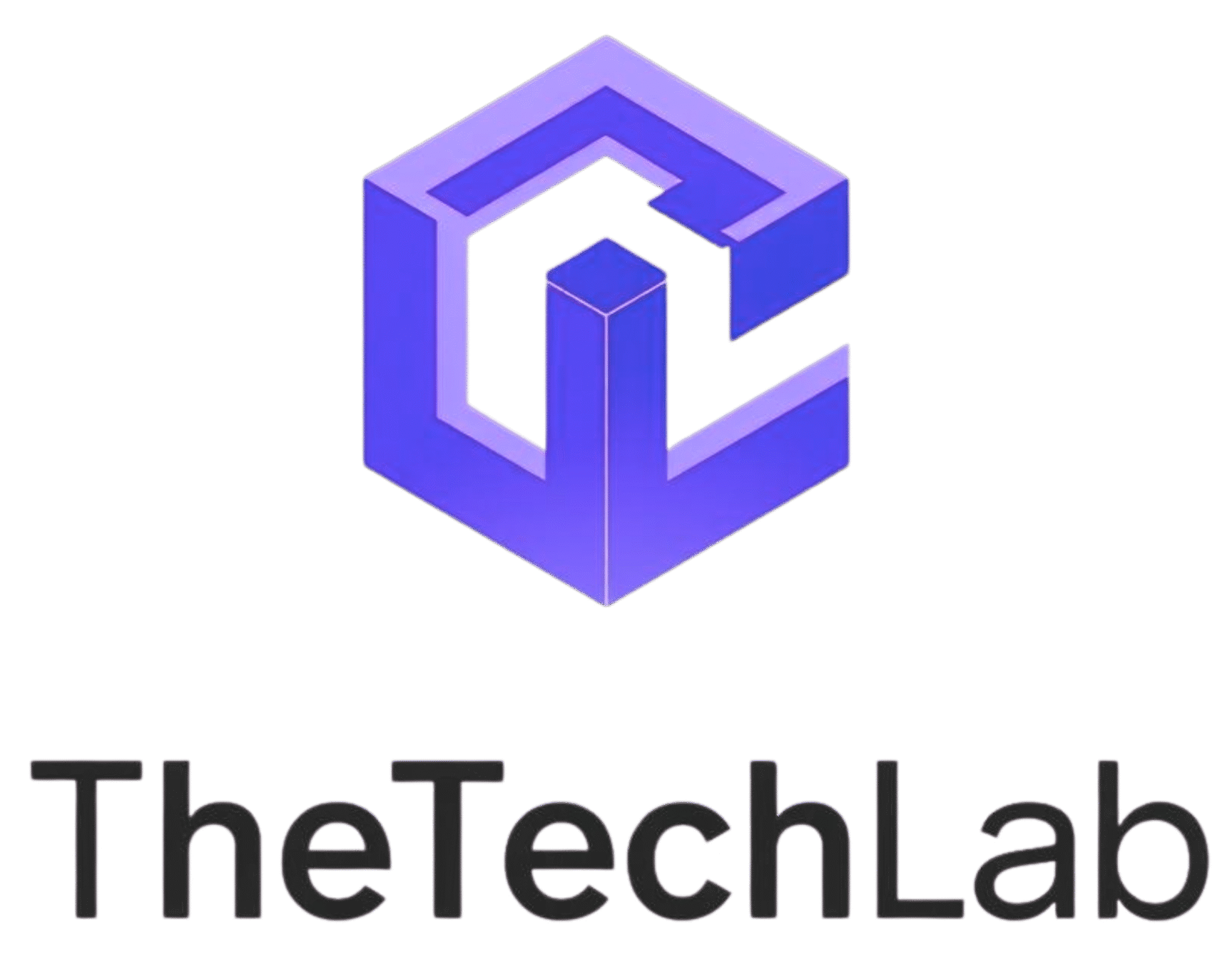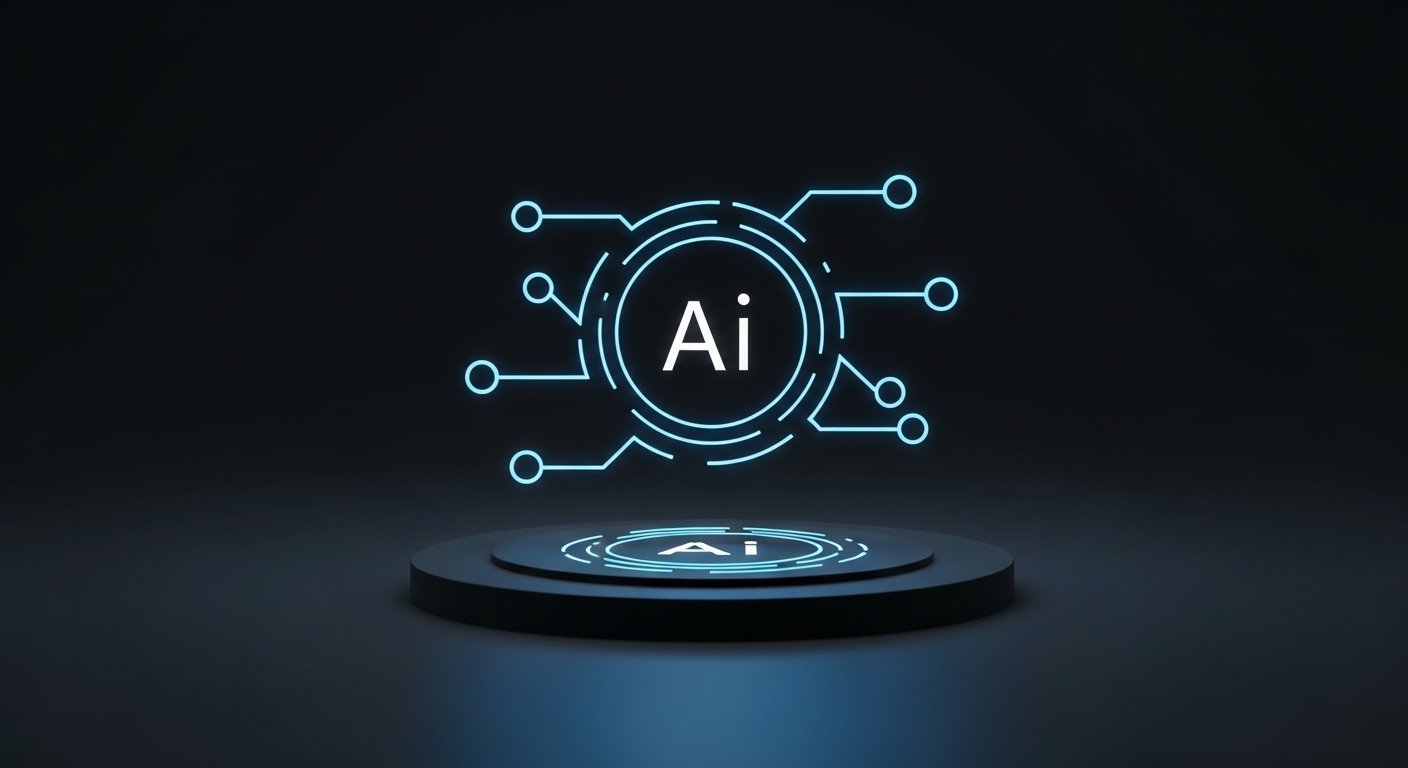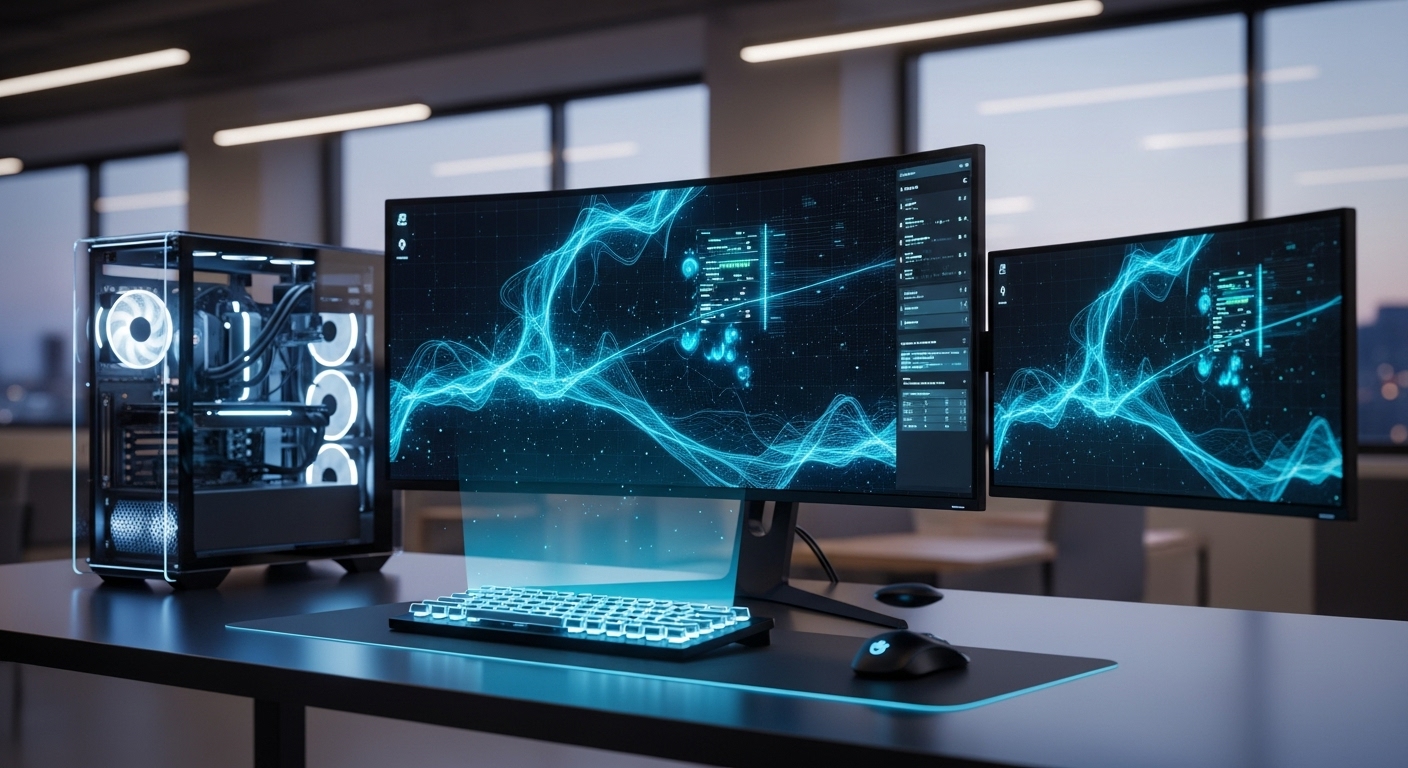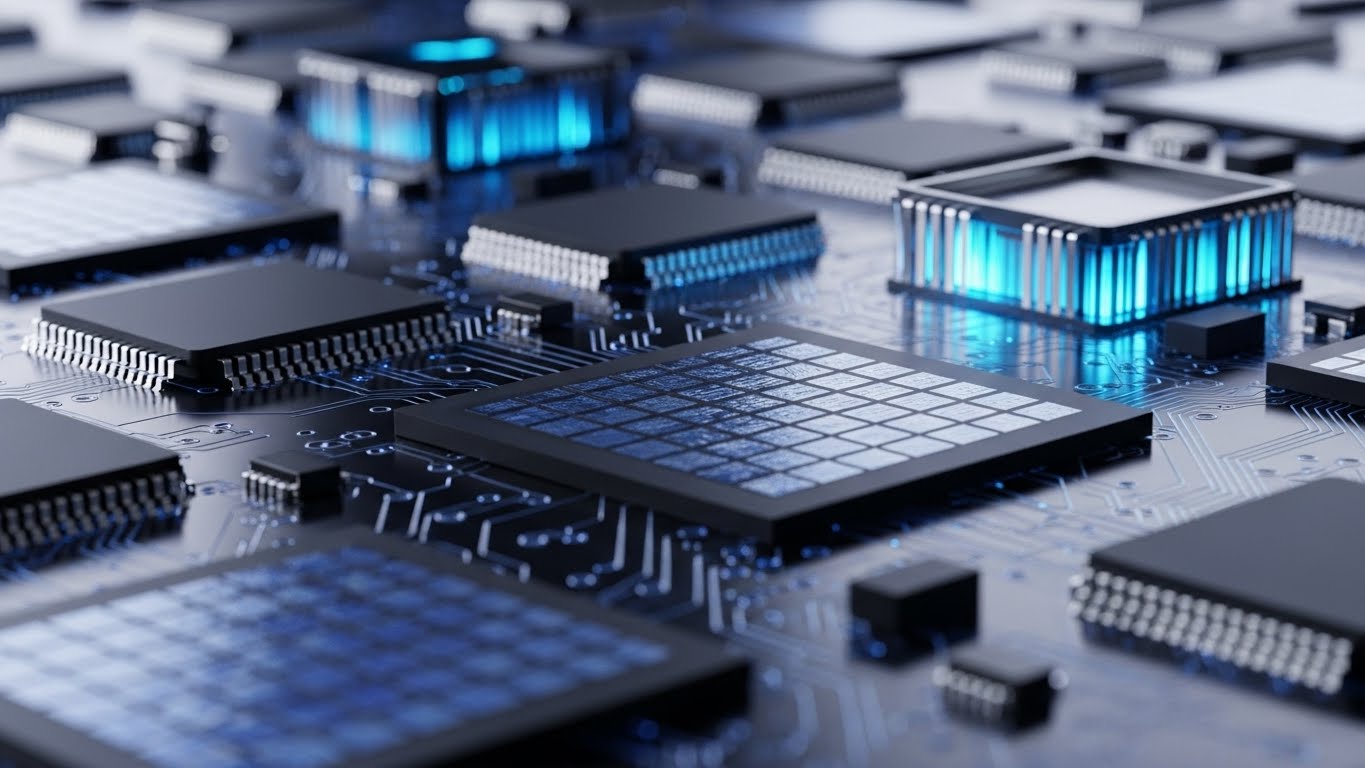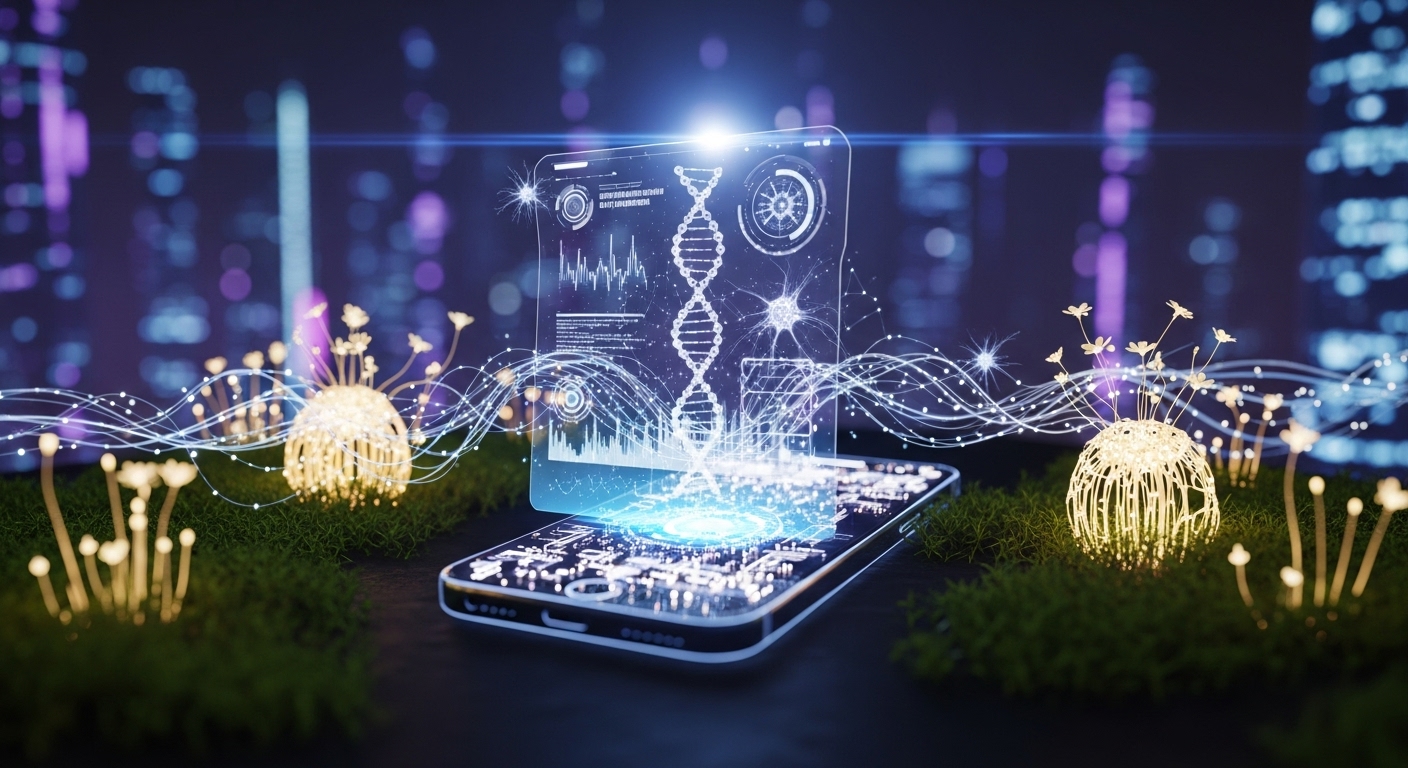Artificial Intelligence (AI) is no longer a futuristic concept confined to science fiction movies. It has already begun to transform industries, enhance productivity, and influence daily life. From healthcare and finance to entertainment and communication, AI is increasingly interwoven into the fabric of our technological ecosystem. As we venture further into the digital age, the role of AI will only continue to expand, reshaping industries and driving innovations that were once thought to be impossible. In this blog post, we will explore the role of AI in shaping the future of technology, its impact on various sectors, and the ethical considerations that come with its rapid development.
What is Artificial Intelligence?
Artificial Intelligence refers to the development of computer systems that can perform tasks that traditionally required human intelligence. These tasks include learning, problem-solving, decision-making, speech recognition, visual perception, and natural language processing. AI systems are powered by algorithms, vast datasets, and machine learning (ML) techniques, allowing them to learn and adapt over time.
There are different types of AI:
- Narrow AI: This is the most common form of AI today, designed to perform specific tasks like facial recognition or recommendation algorithms. It excels in well-defined environments but cannot perform tasks outside its narrow scope.
- General AI: Still theoretical, this form of AI aims to possess the ability to perform any intellectual task that a human can. It would require a broad understanding and reasoning across various domains.
- Superintelligent AI: This is an advanced form of AI that surpasses human intelligence. While still speculative, its potential impact has been the subject of much debate.
AI’s development over the years has been exponential, and as technology continues to evolve, the potential for AI to revolutionize various industries grows.
The Current Impact of AI on Technology
Before diving into the future of AI, it’s important to understand its present-day influence. Across various sectors, AI is already making a significant impact, transforming how businesses operate and individuals interact with technology.
AI in Healthcare
AI has the potential to radically transform healthcare, making it more efficient, accessible, and personalized. Machine learning algorithms are being used to analyze medical data and assist doctors in diagnosing diseases with greater accuracy. For example, AI can analyze X-rays and MRI scans, identifying abnormalities such as tumors faster and more precisely than human radiologists in some cases.
Additionally, AI is being used in drug discovery, where machine learning models predict which chemical compounds could be effective in treating specific diseases. AI-driven systems are also being integrated into personalized medicine, helping physicians tailor treatment plans based on individual genetic data and other personal factors.
The impact of AI in healthcare is only just beginning, and the potential for improving patient outcomes, reducing costs, and accelerating medical breakthroughs is immense.
AI in Business and Finance
AI is reshaping the business and finance sectors in various ways. Machine learning algorithms are used for risk management, fraud detection, and algorithmic trading. In finance, AI can analyze market trends, predict stock prices, and automate trading decisions, providing investors with valuable insights and allowing for more efficient operations.
In the business world, AI is optimizing supply chains, improving customer service through chatbots, and enhancing marketing efforts by providing targeted recommendations. For example, AI-powered chatbots can respond to customer queries in real-time, reducing the need for human intervention and enhancing customer satisfaction.
The future of AI in business and finance looks promising, with more advanced algorithms enabling smarter decision-making, further enhancing operational efficiency, and offering new business models.
AI in Entertainment and Media
The entertainment industry is another area where AI is making waves. Streaming platforms such as Netflix and Spotify use AI algorithms to recommend movies, TV shows, and music based on user preferences. These systems analyze user behavior, learning what content is most appealing to an individual, and offer recommendations accordingly.
Moreover, AI is being employed in content creation itself. In the music industry, AI has been used to compose original music, while AI-driven tools can generate deepfake videos and enhance visual effects in films. The gaming industry also benefits from AI, where advanced algorithms create smarter non-playable characters (NPCs) and offer immersive, dynamic gaming experiences.
The future of AI in entertainment will likely see even more sophisticated algorithms, creating personalized content experiences and transforming how media is consumed.
AI in Transportation
AI is at the forefront of transforming the transportation industry. Autonomous vehicles, powered by AI, are perhaps the most notable development. Companies like Tesla, Waymo, and Uber are actively working on self-driving cars, which have the potential to reduce accidents, improve traffic efficiency, and revolutionize mobility.
Beyond autonomous vehicles, AI is optimizing traffic management systems, using sensors and data analysis to alleviate congestion. AI algorithms can adjust traffic signals in real-time based on traffic flow, helping to improve urban mobility. Drones and AI-powered delivery systems are also beginning to change how goods are transported, offering faster and more cost-effective delivery solutions.
As autonomous vehicles and smart transportation systems continue to evolve, the impact of AI on transportation will continue to expand, leading to safer, more efficient, and environmentally friendly travel.
AI in Cybersecurity
As cyber threats become more sophisticated, AI is playing a critical role in enhancing cybersecurity. Machine learning algorithms can detect unusual patterns in network traffic, identify potential security breaches, and respond to cyberattacks in real-time.
AI is also being used to improve fraud detection in online transactions, analyzing patterns to flag suspicious activities before they can cause harm. With the increasing reliance on digital systems, AI-driven cybersecurity solutions will continue to evolve, providing greater protection against ever-evolving threats.
The Future of AI in Technology
Looking to the future, the role of AI will only become more integral to the technological landscape. AI is poised to revolutionize several sectors, and new advancements will bring both opportunities and challenges. Below are some potential areas where AI is expected to make a significant impact.
1. AI and Automation in the Workforce
One of the most talked-about aspects of AI’s future is its impact on the workforce. As AI continues to improve, it is expected to automate a wide range of tasks, from manual labor in factories to administrative work in offices. While automation will likely lead to job displacement in some sectors, it will also create new job opportunities in areas such as AI development, data analysis, and robotic maintenance.
AI-powered automation has the potential to increase productivity and free up human workers to focus on more creative and strategic tasks. In industries like manufacturing, logistics, and retail, AI will streamline operations, enhance supply chain management, and reduce operational costs.
However, it is essential to ensure that workers are adequately prepared for this shift. Upskilling and reskilling programs will be necessary to ensure that the workforce can adapt to the changing job landscape.
2. AI and the Internet of Things (IoT)
The integration of AI with the Internet of Things (IoT) is one of the most exciting developments on the horizon. IoT refers to the network of physical devices, vehicles, and other objects that are connected to the internet and can exchange data. When combined with AI, IoT devices can become smarter and more responsive.
For example, smart homes powered by AI and IoT can optimize energy consumption, security, and convenience by learning user preferences and anticipating needs. AI-driven IoT systems can also monitor health metrics in real-time, providing personalized health recommendations based on data from wearable devices.
In the industrial sector, AI-powered IoT systems can optimize operations, predict maintenance needs, and reduce downtime. The fusion of AI and IoT will create more intelligent, efficient, and interconnected systems in various industries, from healthcare to manufacturing.
3. Ethical Considerations and AI Governance
As AI continues to evolve, it will be crucial to address the ethical implications of its development and use. One of the most significant concerns is the potential for bias in AI algorithms. Since AI systems learn from historical data, there is a risk that they may perpetuate existing biases, leading to discriminatory outcomes in areas like hiring, lending, and law enforcement.
Moreover, the increasing use of AI in surveillance systems raises concerns about privacy and civil liberties. Striking the right balance between innovation and ethics will require thoughtful governance and regulation.
The future of AI will need to involve collaboration between governments, businesses, and researchers to ensure that AI technologies are developed and deployed responsibly. Establishing clear ethical guidelines and promoting transparency in AI systems will be essential to maintaining public trust.
4. The Singularity: The Hypothetical Future of AI
The concept of the technological singularity is often discussed in relation to AI’s future. The singularity refers to a point in time when AI surpasses human intelligence, leading to unpredictable and potentially uncontrollable outcomes. While the singularity remains speculative and far off, it raises important questions about how we would handle such an advanced stage of AI development.
In the coming years, AI will likely become more integrated into decision-making processes, and its capabilities will continue to expand. However, it is essential to ensure that AI systems remain aligned with human values and that appropriate safety measures are put in place to prevent unintended consequences.
Conclusion
Artificial Intelligence is undoubtedly one of the most transformative technologies of the modern era. Its impact is already being felt across industries such as healthcare, finance, entertainment, and transportation, and its potential to revolutionize these sectors in the future is immense. AI has the power to increase efficiency, improve decision-making, and solve complex problems that were once beyond our reach.
However, with this great potential comes significant responsibility. As AI continues to evolve, we must ensure that it is developed ethically and responsibly. By addressing issues such as bias, privacy, and job displacement, we can harness the full potential of AI while mitigating its risks.
